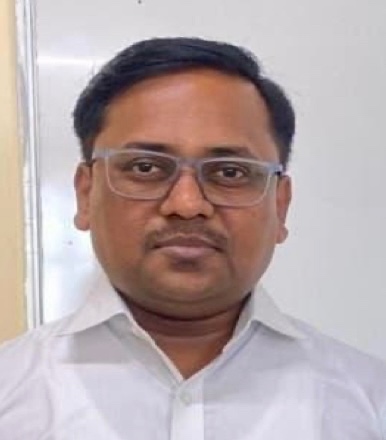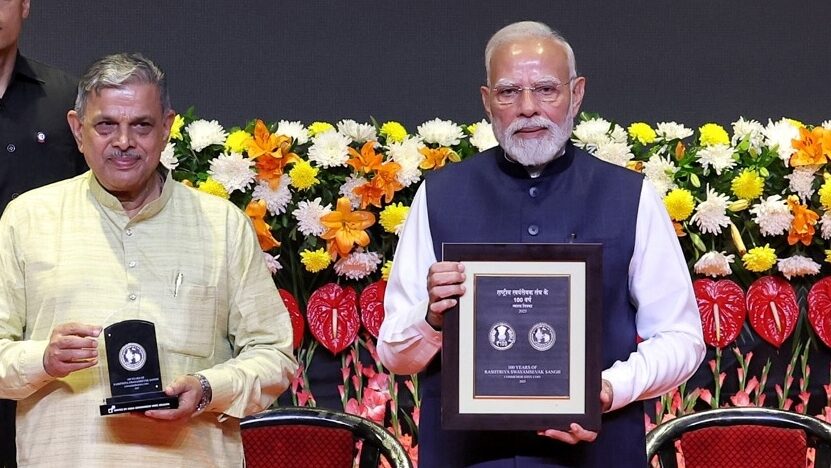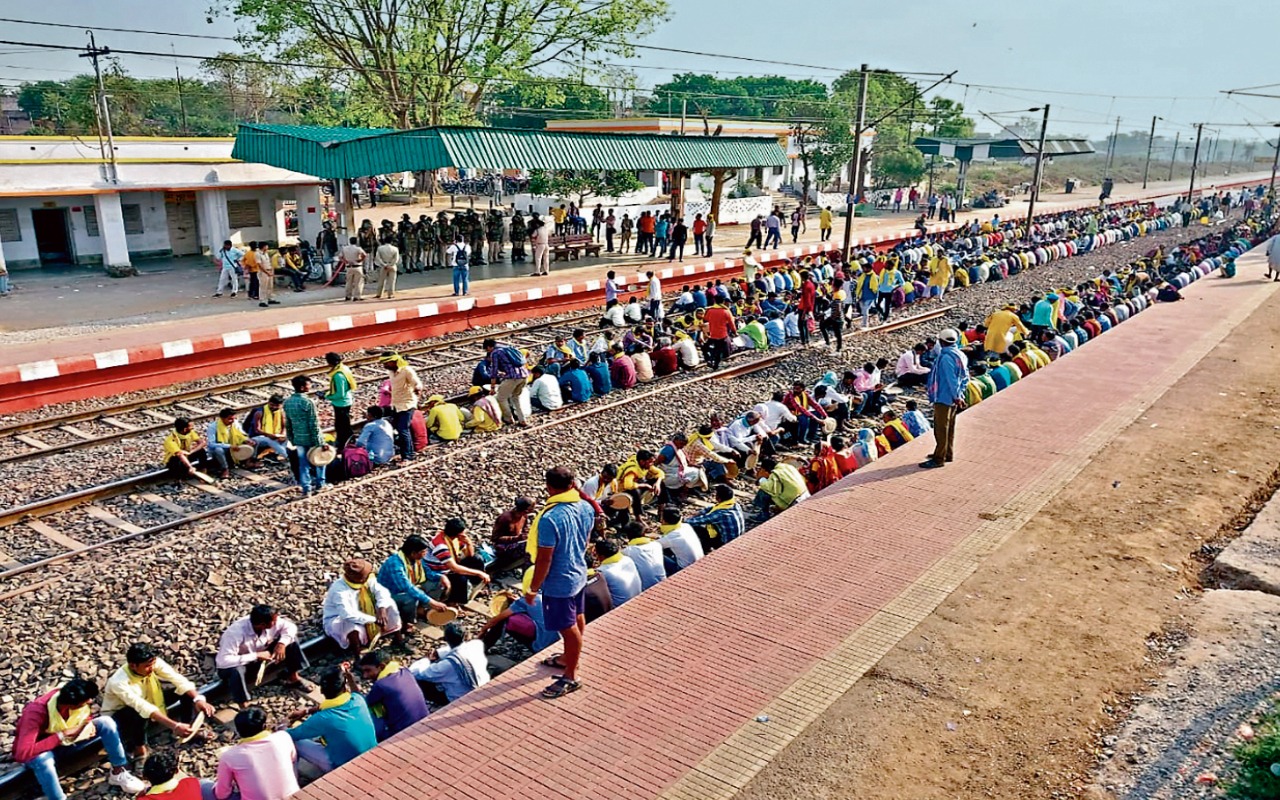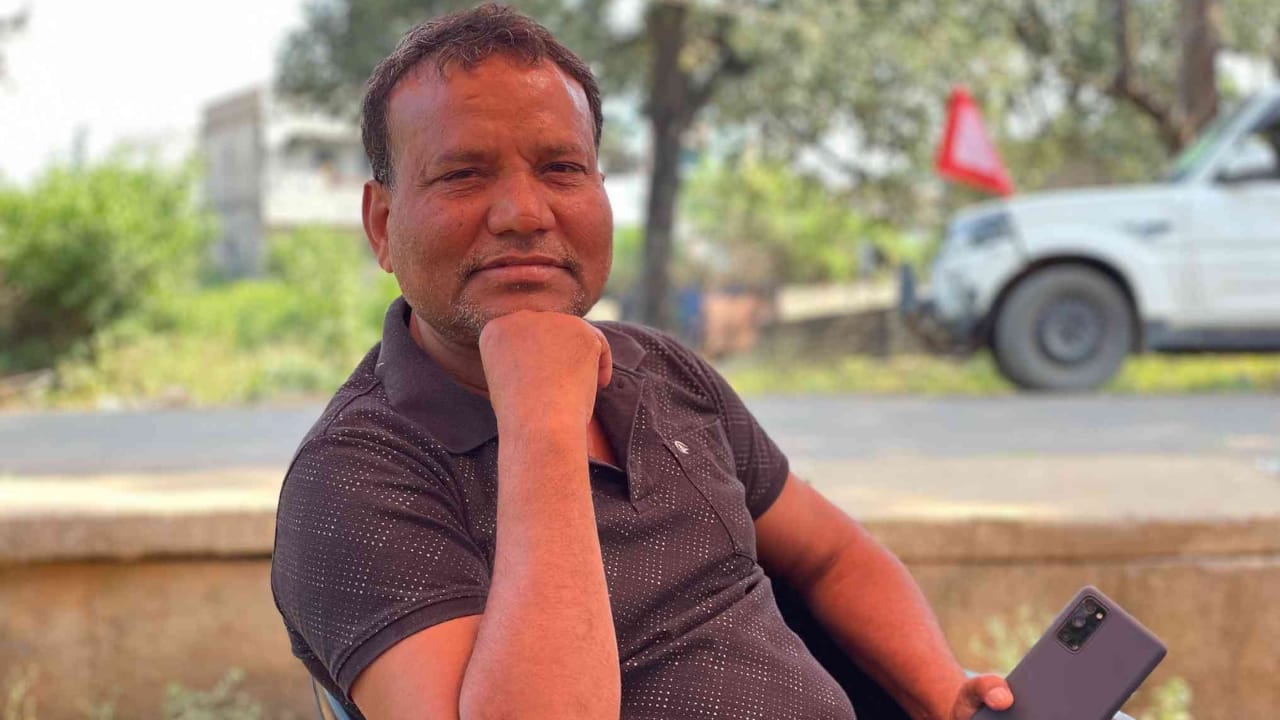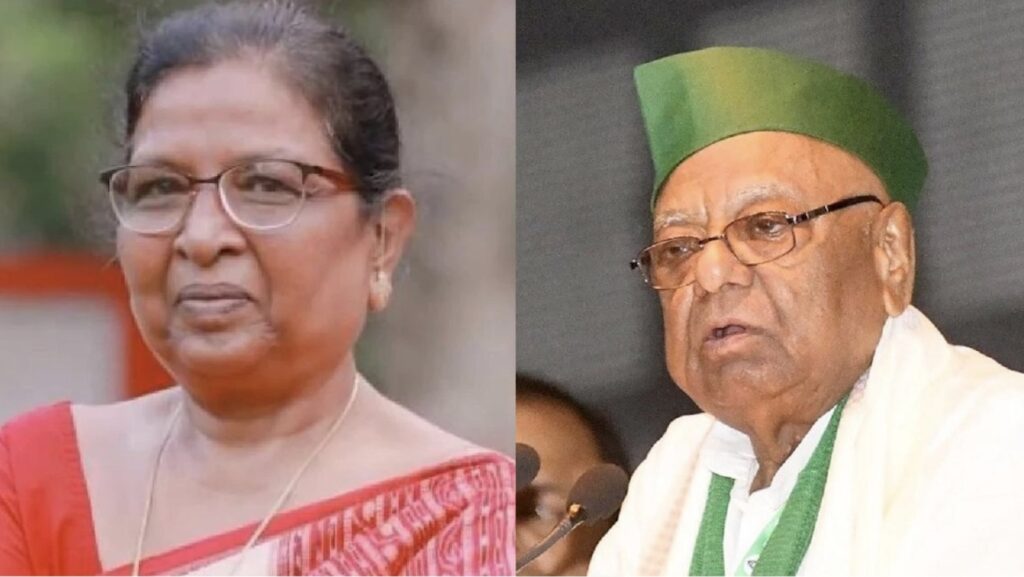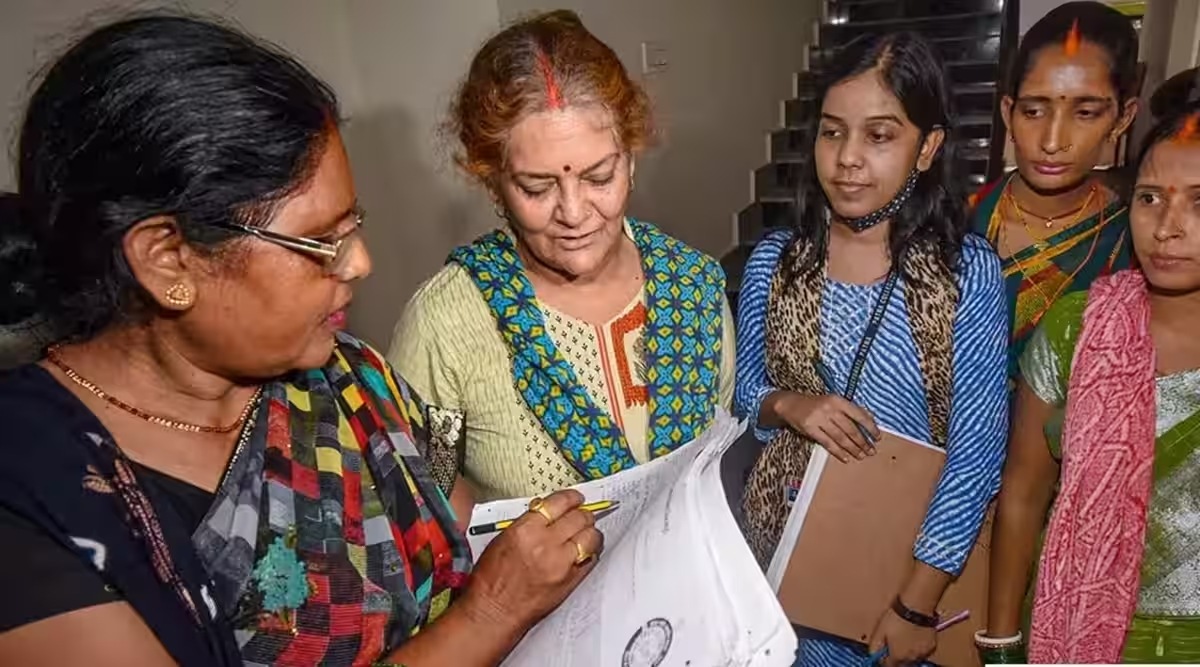Akhilesh Yadav inaugurated PDA Bhawan in Azamgarh on 3 July 2025. He addressed the mass gathering and argued that to defeat Bharatiya Janata Party (BJP) in the upcoming assembly election, the unity of PDA (Pichhda-Dalit-Alpasankhek, or Backward Classes, Dalits and Minorities) will be key. The question that immediately comes to mind is how it is possible to unite the large number of marginalized communities that make up PDA.
Using the PDA rhetoric, the Samajwadi Party is trying to reach out to the voters of Bahujan Samaj Party. I traveled to several villages in Uttar Pradesh to learn about the political mobilization strategies employed by different political parties and how the subaltern social groups perceived them. Each political party has a story to mobilize subaltern social groups. Samajwadi Party is projecting the PDA as an alternative to Bahujan politics. To encourage people (mostly Dalits and backward castes) to vote for them, Samajwadi Party workers are telling them that prominent Bahujan Samaj Party leaders have joined their party. While this was one of the reasons SP put up a game-changing performance in the 2024 Lok Sabha election, there are historical reasons why merely the nomenclature PDA is not going to win the party the appeal that ‘Bahujan’ did for BSP.
PDA continues to be a purely electoral gambit. It was during the 2024 Lok Sabha election that the term PDA gained popularity in Uttar Pradesh. Several BSP leaders had then joined SP. These leaders had years of political experience and had been longtime members of BSP. They included Ramachal Rajbhar, Lalji Verma, Mithilesh Katiyar, K. K. Sachan, Daddu Prasad and Shah Alam, also known as Guddu Jamali. But how close are SP to emulating BSP? Some historical perspective will be useful here. We must look at the key actions that both political parties took to improve the lot of underprivileged groups in Uttar Pradesh while they were in power. How well suited are these two parties to political and social democracy?
Dr Ambedkar emphasized the need to “make our political democracy a social democracy as well” and to “stop living this life of contradictions”. By a life of contradictions, he meant the coexistence of social and economic disparity with political equality. He said that the goal of political democracy should be to further the goals of social democracy. To put it in another way, a political party ought to be more focused on minimizing social and economic inequalities. BSP’s founding in North India was a social revolution, and the party’s primary goal was to provide political representation to the historically oppressed “Bahujan” – SC, ST, OBC and converted minorities – and to achieve equality in Indian society.

BSP’s founder Kanshi Ram’s philosophy was based on the Constitutional principles of liberty, equality and fraternity. He established a number of social organizations before launching BSP, including the All India SC, ST, OBC, and Minority Employees Association in 1971. In 1978, the organization was renamed the All India Backward and Minority Communities Employees Federation (BAMCEF). Kanshi Ram founded Dalit Shoshit Samaj Sangharsh Samiti (DS4) in 1981, and BSP was born as a political party in 1984. As a result, Kanshi Ram’s emphasis on putting the principles of the Constitution into practice was fundamental to his view of Indian society, and BSP is inherently social democratic. On the other hand, the extent to which PDA has brought about social democracy is a matter of debate. It was introduced as an experiment in the 2024 Lok Sabha election, and the term PDA has gained popularity since. Yet, it is not the core ethos of SP. In the 2024 Lok Sabha election, the experiment worked SP secured 37 seats against BJP’s 33 in Uttar Pradesh. SP had won only five seats in the 2019 Lok Sabha election, while BJP won 62. SP now has its eyes on winning the upcoming legislative assembly election in Uttar Pradesh in 2027.
The majority of Dalit and Backward Caste population voted for SP in the 2024 Lok Sabha Elections. As mentioned earlier, rebel BSP leaders had joined SP, BSP under Mayawati appeared severely weakened and, with BJP leaders announcing their intent to change the Constitution on winning a two-thirds majority, Dalits and Backward Classes schooled on the value of the Constitution by BSP, voted for SP to ward off this threat.
These voters temporarily overlooked SP’s anti-social justice policies that were evident when it ruled Uttar Pradesh from 2012 to 2017. The party’s government had renamed Kanshi Ram Sahari Awas Yojana (for the most impoverished homeless people in cities), Savitribai Phule Balika Madad Yojana (for girl children), and opposed reservation in promotion of members of SC-ST communities in public employment. Today, Akhilesh Yadav repeatedly shouts PDA from the stage, but he has never apologized for these anti-social justice policies of the Uttar Pradesh government when he was the chief minister.
In ancient India, according to Dr Ambedkar, the rise of Buddhism was a revolution, and the rise of Hinduism was a counter-revolution. If we apply this concept to Uttar Pradesh’s recent past, BSP’s 2007-12 rule was a revolution, while SP’s 2012-17 rule was a counter-revolution. In contrast to SP, when it was in power, BSP was committed to the welfare of the Bahujan. Most SP leaders and workers adhere to the caste system, support the Hindu social order and are often wary of antagonizing their upper-caste voters. In many villages of Uttar Pradesh, conflicts between land-holder OBCs and landless and small landholder MBCs/Dalits are apparent. Major SP leaders and supporters belong to landholding OBCs, and the party has failed to bridge the divide. PDA has thus remained just an electoral rhetoric. It seems beyond SP in its present form to forge such a coalition on the ground.
As a result, the Samajwadi Party is likely to lose the support of the Dalits and the MBCs in the upcoming legislative assembly election, whose result will have no bearing on the status of the Constitution. PDA cannot be a substitute for the Bahujan Samaj without the concept being informed by the principles of social democracy.
Forward Press also publishes books on Bahujan issues. Forward Press Books sheds light on the widespread problems as well as the finer aspects of Bahujan (Dalit, OBC, Adivasi, Nomadic, Pasmanda) society, culture, literature and politics. Contact us for a list of FP Books’ titles and to order. Mobile: +917827427311, Email: info@forwardmagazine.in)
